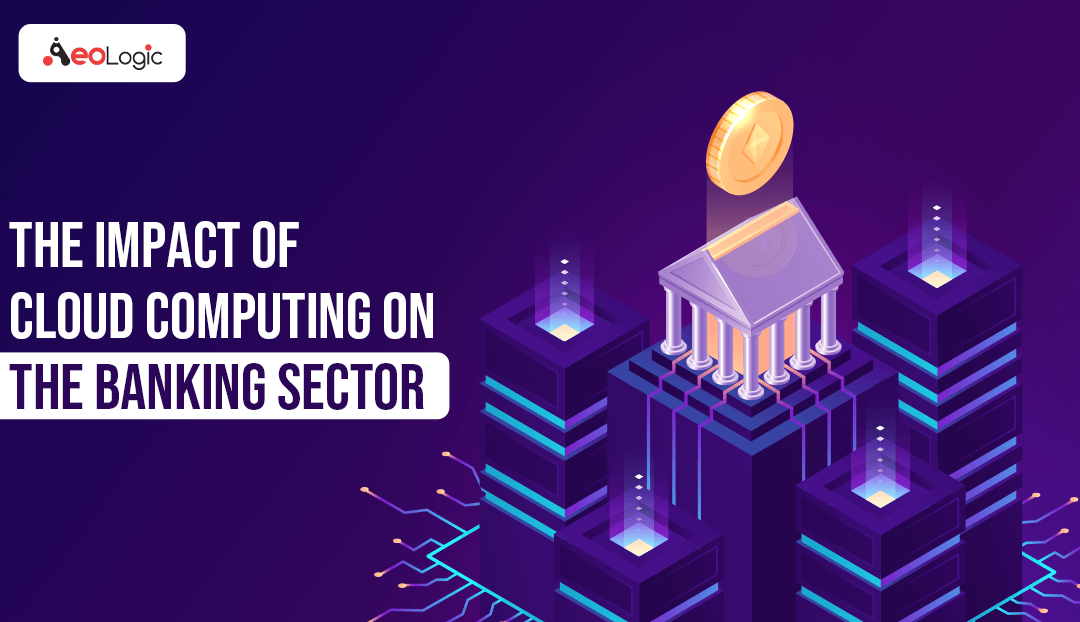The Big Data revolution in the last 5 years has helped companies improve their capacities of accessing and mining data. And this rigorous exercise has directly burdened their IT servers further forcing the industry to zero on more effective, efficient and viable digital solutions.
With the banking industry being the most immediate recipient of such digital solutions, cloud computing has acquired a great deal of attention lately. Why? Because the banking sector most of the times, need a more superior alternative to ease handling of data while offering both security and scalability. Since the outflow and inflow of data are aggressively extreme in the banking sector, cloud computing has been so far being both flexible and effective.
Here’s how-
Risk Mitigation– Cloud computing helps banks lower risks that are associated with traditional technologies like redundancy, capacity and resiliency concerns. Besides this, cloud computing has been increasingly helpful in gaining more control over security issues.
Agile Innovation- Cloud computing has so far given banks the leverage of enhancing their agility, efficiency and productivity. Along with these newly added advantages, cloud computing also helps banks in reallocating their resources that are possibly away from their current IT infrastructure’s administration. This resources allocation also helps in expedited delivery of products and services in the market.
Cost Benefits- The wide-scale implementation of cloud computing allows banks in initial capital expenditure requirements that were earlier unavoidable in the development of their traditional IT infrastructure. Apart from this, whenever there is a peak in customer demand, cloud computing assists banks in managing their computing capacity more effectively and efficiently.
Scalability- If seen from a regulatory perspective, cloud computing can seamlessly help banks in scanning around thousands of transactions per second. Evidently, this benefit of scanning of transactions has dramatically improved the entire banking industry’s ability to fight any sought of financial misadventures or crimes like money laundering and frauds.
“Cloud computing is empowering, as anyone in any part of the world with an internet connection and a credit card can run and manage applications in the state of the art global datacenters; companies leveraging cloud will be able to innovate cheaper and faster.” – Jamal Mazhar, Founder & CEO – Kaavo.
Apart from these benefits, the challenge of security has always been a significant hurdle for traditional industries when it comes to migration of technology from old to new. The issue of customer confidentiality always rises whenever there has to be migration from traditional IT setup to cloud computing. This means that banks need to be prepared for handling customer confidentiality prior to outsourcing their IT setup to cloud computing.
Final Words
Although, cloud computing brings with itself a whole new set of advantages, there are prior requisites and criteria to be checked and managed. An end-to-end consultation can seek preliminary agendas before deciding on the entire IT infrastructure management.
AeoLogic has been in charge of managing cloud computing for companies in both public and private sector for years. Connect with us for understanding your IT needs today.






